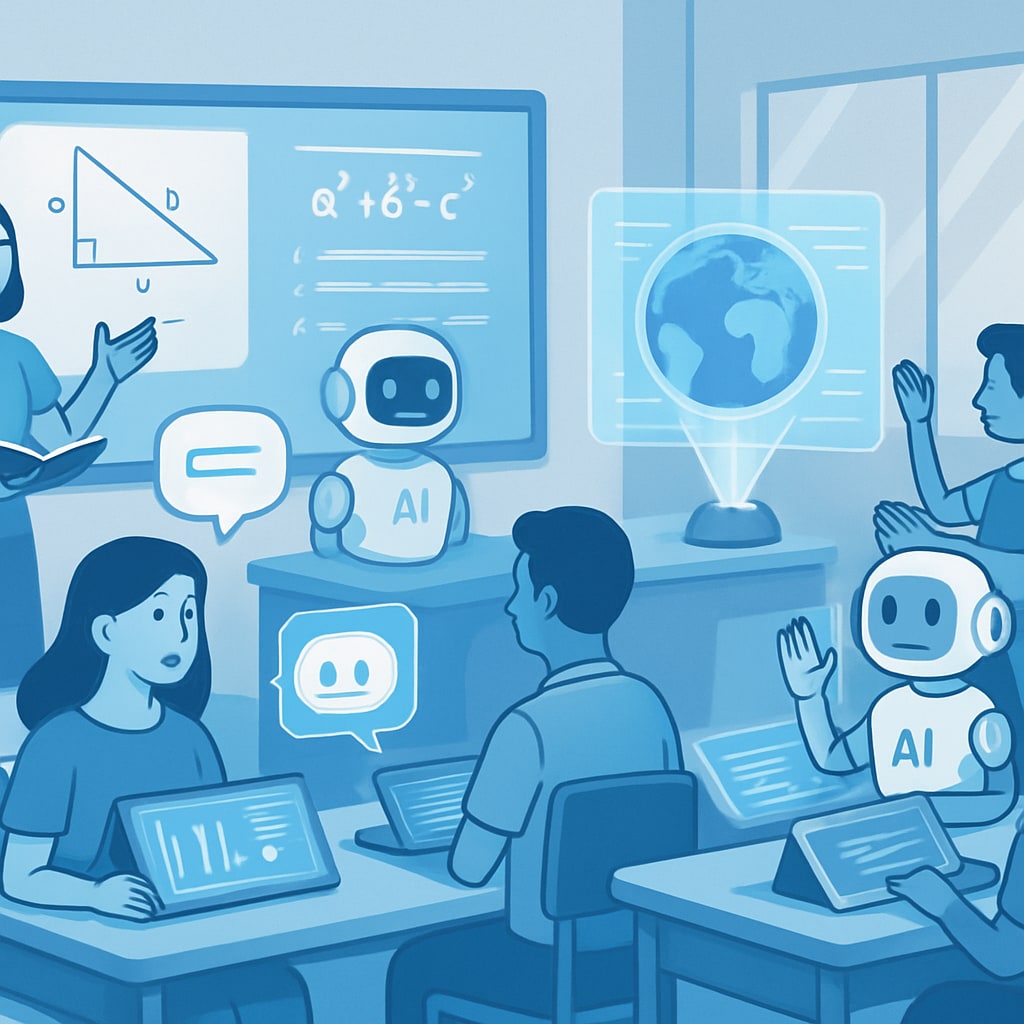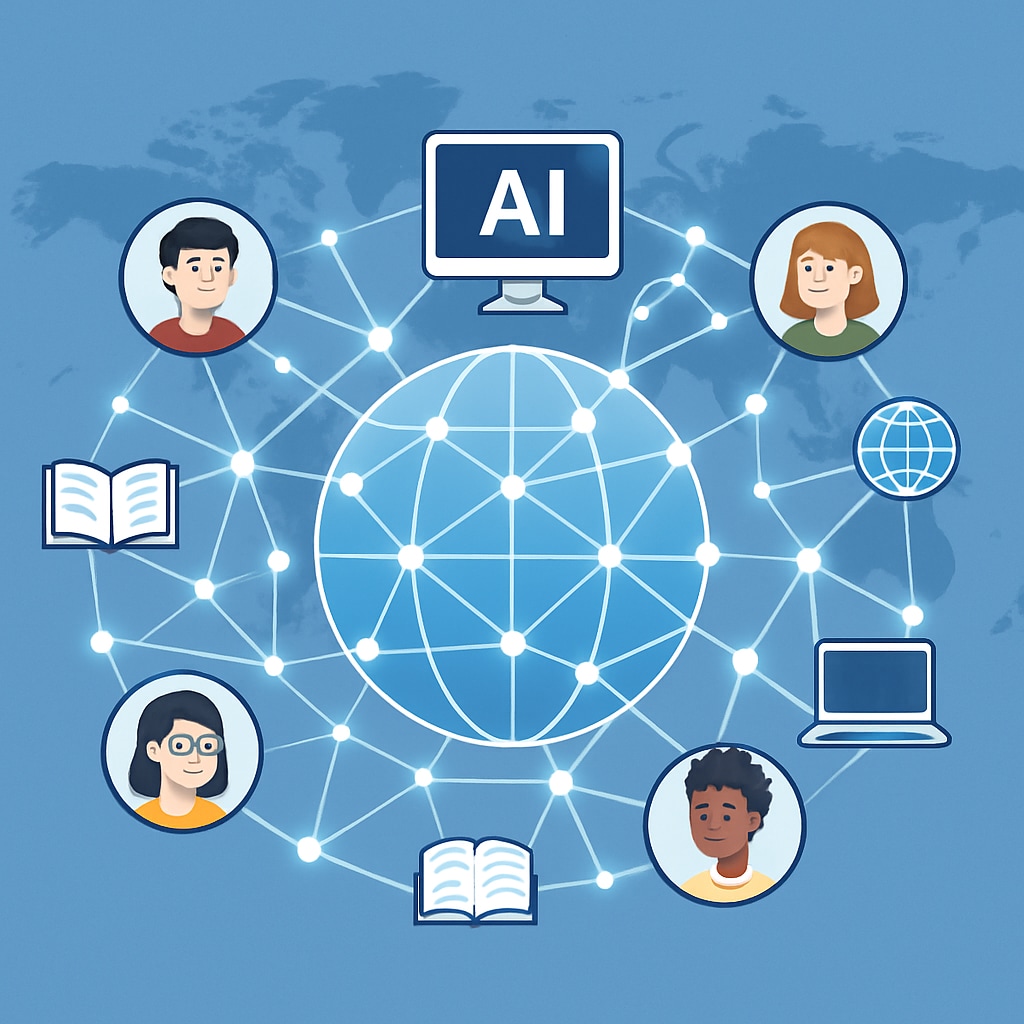Artificial intelligence (AI) is rapidly advancing, and by 2030, it will fundamentally change the landscape of K12 education. This transformative technology promises breakthroughs ranging from personalized learning experiences to global resource sharing, reshaping how students learn and educators teach. As schools adapt to these shifts, understanding the opportunities and challenges AI presents is crucial for building a smarter learning ecosystem.
Personalized Learning: Tailoring Education to Individual Needs
One of the most significant impacts of AI in education is its ability to facilitate personalized learning. AI-powered systems can analyze student data, including performance, learning styles, and areas of difficulty, to create customized lesson plans. For example, an intelligent tutor can identify gaps in a student’s understanding and provide targeted exercises to address them. This approach ensures that every learner receives education tailored to their unique needs, maximizing engagement and academic growth.
- Adaptive learning platforms: Tools that dynamically adjust content based on student progress.
- AI-driven assessments: Real-time evaluations that guide instructional strategies.
- Interactive virtual tutors: Personalized support available anytime via AI interfaces.

Global Resource Sharing: Breaking Down Educational Barriers
AI is also instrumental in bridging educational divides across the globe. By leveraging AI-driven platforms, students and educators can access high-quality resources regardless of their location or socioeconomic status. For instance, machine translation enables real-time access to multilingual content, while virtual classrooms connect learners worldwide to share knowledge and collaborate on projects.
Moreover, AI-powered algorithms can curate and recommend resources tailored to specific curricula, ensuring that students have access to the most relevant and effective materials. This democratization of education is expected to reduce disparities and foster a more inclusive global learning community.

Empowering Educators: Redefining the Role of Teachers
While AI is transforming education, it is not a replacement for teachers but rather a powerful tool to enhance their capabilities. By automating routine tasks—such as grading and administrative work—AI frees up educators to focus on more impactful activities, like mentoring and fostering critical thinking skills. Teachers can also use AI insights to understand student needs better and refine their teaching strategies accordingly.
However, educators must adapt to this new paradigm by developing AI literacy skills. Training programs and professional development opportunities focused on AI integration will be essential for empowering teachers to navigate this evolving landscape effectively.
Challenges and Ethical Considerations
Despite its promising benefits, the adoption of AI in education comes with challenges. Issues such as data privacy, algorithm bias, and the digital divide must be addressed to ensure equitable access and ethical use. Policymakers and educators must collaborate to establish guidelines that prioritize student welfare while maximizing AI’s potential.
For example, frameworks for secure data management and transparent AI algorithms can build trust among stakeholders. Additionally, investment in infrastructure and training will be critical to overcoming barriers and creating a universally accessible AI-powered education system.
Readability guidance: This article uses concise paragraphs and lists to summarize key points. Transition words like “however,” “in addition,” and “for example” are incorporated throughout the text to improve flow. The passive voice is minimized, and short sentences are prioritized for clarity.


